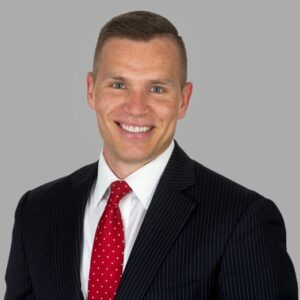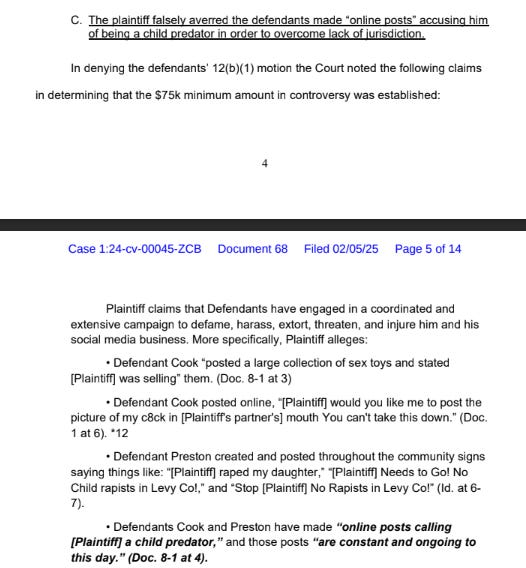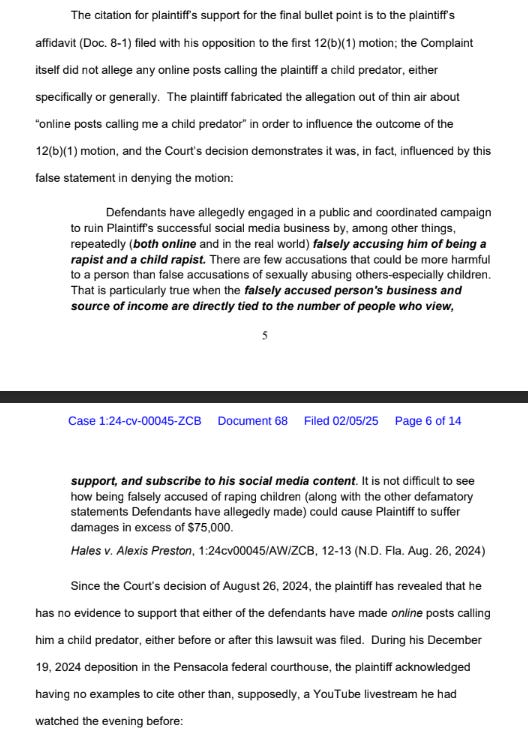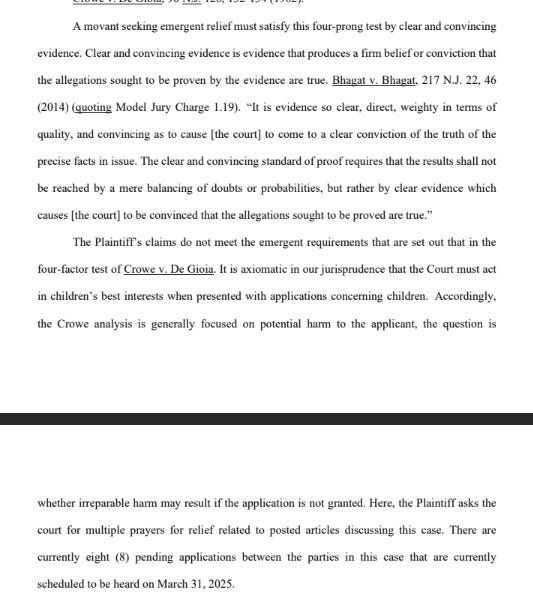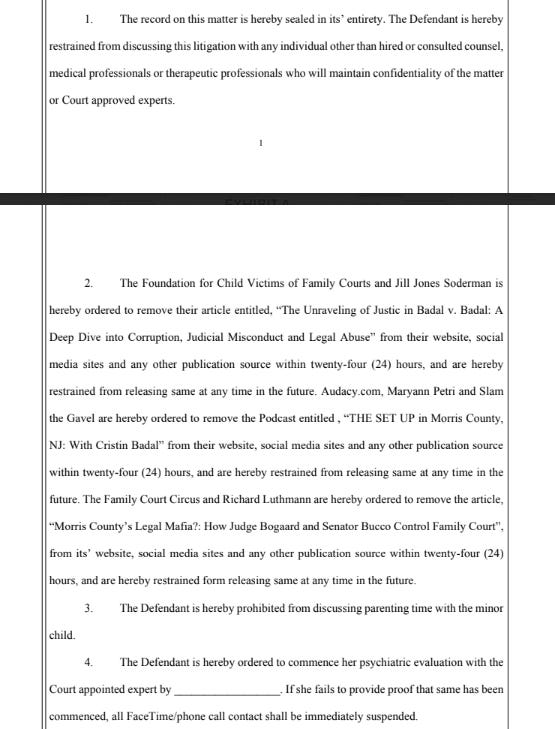
Richard Luthmann and I were back for the thirty-first edition of The Unknown.
We started by debating Ukraine. Mr. Luthmann said an end to hostilities was imminent while I argued that Putin is playing Trump. Shortly after agreeing to limited cease fire, not targeting energy infrastructure, Putin attacked energy infrastructure.
Russia launched an airstrike on the energy infrastructure of Slovyansk, a city of 100,000 people in the Donetsk region, according to local reports.
Kyiv Post sources within the military confirmed that part of the city is now without electricity.
Meanwhile, explosions were reported in Kramatorsk, where guided aerial bombs reportedly struck residential areas.
…
The attacks took place less than an hour after Trump and Putin had negotiated a 30-day ceasefire on strikes against energy facilities.
Kyiv Post reporters in the capital also heard anti-aircraft guns shooting at drones.
All parties will meet in Saudi Arabia over the weekend.
Richard also wrote an article stating that it was time to impeach liberal judges. On the broadcast, he even floated the idea of impeaching US Supreme Court Chief Justice John Roberts.
House Republicans answered President Trump’s call. Rep. Brandon Gill of Texas immediately filed Articles of Impeachment against Boasberg, stating his rulings amount to “high crimes and misdemeanors.”
“The judge’s actions are outrageous,” Gill said. “He’s aiding and abetting violent criminals. That’s impeachable.”
Boasberg’s move is part of a broader war between radical federal judges and President Trump’s America First agenda.
The US Constitution calls for impeachment for “high crimes and misdemeanors.” Rulings you don’t like don’t amount to high crime and misdemeanor, so I disagreed.
In the What the Hale$ segment, which started approximately nineteen minutes in, we first discussed a recent motion for sanctions by Randall Shochet over mean emails.
Shochet argued that these violated rules of professional conduct.
Shochet felt the emails were so hurtful he asked for a default judgment. This was strategic by a scumbag lawyer, because by asking for a default judgment, he did not need to confer ahead of time. As such, he could ambush Bruce Matzkin with the motion.
The magistrate, Zachary “Magistrate Bozo” Bolitho, fell for the legal trick. He didn’t bother to wait for Bruce Matzkin’s response before issuing an order to show cause and ordering all parties to his courtroom in Florida on April 3, 2025. Bruce lives in Massachusetts.
In February, Bruce Matzkin accused Jeremy Hales of perjury.
Magistrate Bozo wasn’t bothered by this alleged perjury. He waited approximately a month to rule. He denied the motion without addressing the perjury.
Richard and I also discussed four police reports I received from Levy County (Fl) Sheriff’s Office through the Freedom of Information Act (FOIA). These are reports from September 1, 2024, to the present. One showed Hales desperately trying to get Michelle Preston and John Cook violated for the protective order he got because he claimed to be scared.
This incident is similar to the video I posted previously.
The police report and video are from separate incidents, meaning Hales is serial in trying to get a protective order violation. He forum shopped to get this protective order.
Another police report describes an incident where Hales got into a dispute with another set of neighbors.
Hales claims Michelle Preston and John Cook are bad neighbors, but the bad neighbor is him.
Not in the FOIA request is any mention of an investigation into Richard and I, and that contradicts something Jeremy recently claimed in a video.
Jeremy claimed this fundraiser was the center of some conspiracy which Levy County was “taking very seriously.” He lied to his audience and made up a Levy County Sheriff’s Office investigation.
Finally, Richard detailed a recent proposed order from New Jersey which may force him to remove an article he previously published.
Sprague filed motions demanding that publications—including The Foundation for Child Victims of Family Courts, Family Court Circus, and even SLAM THE GAVEL—remove their reporting. She also asked the court to prohibit Badal from speaking publicly and to force her into a psychiatric evaluation or risk losing access to her child.
“This is pure intimidation,” Badal said. “They’re trying to silence journalists, gag me, and paint me as crazy—because they can’t refute the truth.”
Legal experts say Sprague’s moves could backfire spectacularly. The First Amendment vigorously protects journalists and whistleblowers from prior restraint—government attempts to silence speech before it happens. And New Jersey’s anti-SLAPP laws could open Sprague, her law firm, and her client to a significant civil liability lawsuit.
“If they think they can bully the media into submission, they’re in for a rude awakening,” Badal said. “A lot of powerful people are about to get hit with an anti-SLAPP lawsuit.”
The lawyer, Jessica Sprague, tried to have her motion heard on an expedited basis, which the judge denied.
The judge will hear the motion on March 31, 2025.
This case was similar to one I followed in North Carolina, where another family court judge temporarily blocked the release of a news report, arguing it was defamatory and amounted to election interference.
A Mecklenburg County judge took WBTV to court, trying to get a temporary restraining order to stop WBTV from broadcasting and publishing a story that she believed would be defamatory and inaccurate. The story deals with how Judge Aretha Blake handles family law cases.
Blake and her attorney were seeking what they called a “narrowly tailored injunction” to stop WBTV from broadcasting a story about Judge Blake’s handling of family law cases.
The unpublished story, produced by WBTV reporter Nick Ochsner, was a follow-up to previous WBTV reporting that called into question the number of matters in Judge Blake’s cases that hadn’t been ruled on in months, or in some cases, a year or more.
The court eventually denied the judge, and WBTV aired the news story.







